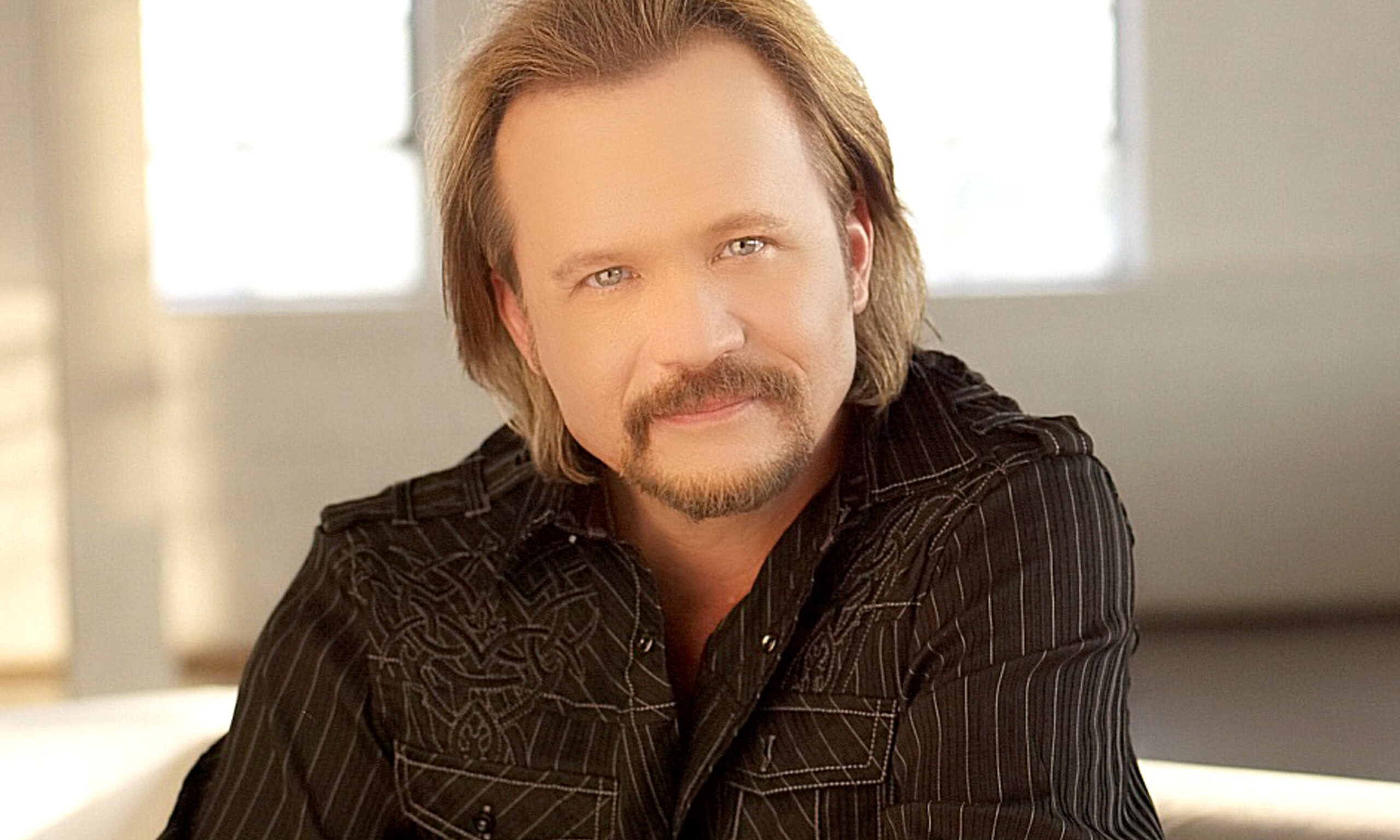
A razor-edged goodbye you can sing in a bar—humor as armor, dignity intact.
Let’s put the facts on the table first. Travis Tritt wrote and recorded “Here’s a Quarter (Call Someone Who Cares)” as the lead single from It’s All About to Change, released May 7, 1991 on Warner Bros. Nashville. The record runs a tight 2:32, produced by Gregg Brown, and shipped with “If Hell Had a Jukebox” on the B-side. Country radio lit up instantly: the single peaked at No. 2 on Billboard’s Hot Country (and No. 2 in Canada), while trade outlet Radio & Records logged it at No. 1 for a week—early proof that Tritt’s sly brand of Southern grit had real reach. The video—directed by Michael Merriman—framed it as a performance piece: band cooking, crowd roaring, the punchline landing with a grin.
The backstory reads like a country song because it was one before it hit tape. Tritt has said he wrote “Here’s a Quarter” the night he was served divorce papers, picking up a guitar as an “adult pacifier,” and finished the whole thing in under fifteen minutes—at first keeping it as a private talisman, not something he meant to sing onstage. Years later, he admitted executives dismissed it as a “novelty”; audiences proved otherwise, turning it into a career song that he road-tested for a year and a half before recording. You can hear that lived-in origin in the delivery: no florid metaphors, no self-pity, just a clear line that draws a boundary and refuses to apologize for doing so.
On record, the arrangement is all clean lines and forward motion. Guitars snap like a bartender’s towel, the backbeat walks instead of stomps, and Tritt’s baritone keeps a straight face while the lyric smiles. It’s a neat production trick: the band sounds ready to party, but the singer isn’t partying—he’s deciding. That gap between groove and message is where the song gets its bite. You can two-step to it and still feel the spine in the chorus: Here’s a quarter—call someone who cares. (And if you remember the days when a local call really did cost twenty-five cents, the line lands with extra sparkle.)
Like a lot of great country hooks, this one escaped the radio and started happening in rooms. Fans began tossing quarters onstage when he hit the title line—funny until it wasn’t. At a 1992 show in Bristol, Tennessee, the coins drew blood and forced him to stop the set; even years later, newspapers joked about Tritt singing the song from “out of quarter range.” The bit became lore—equal parts camaraderie and cautionary tale about how closely country crowds like to join the story.
Set inside It’s All About to Change—the 1991 album that would go 3× Platinum—the single works like a thesis statement. This is Tritt’s second act: confident enough to wear Bakersfield bite and Southern-rock grease, grown enough to write plainly about self-respect. On that LP he’d swing from the tender (“Anymore”) to the rowdy (“The Whiskey Ain’t Workin’”); “Here’s a Quarter” sits between them like a fencepost, marking the line between what you’ll forgive and what you won’t. The charts and the sales only confirm what the record already knows: there’s an audience for a song that lets you laugh while you leave.
For older ears, the lasting appeal isn’t just the catchphrase; it’s the posture. Plenty of breakup songs go for thunder or theatrics. This one shrugs, offers a solution—call somebody else—and keeps its evening. The joke softens the sting, but it doesn’t hide the truth: boundaries are an act of care for yourself, not payback. Tritt’s vocal walks that line beautifully. He never sneers. He never begs. He just names what’s over and hands the moment back to the person who squandered it.
And then there’s the way the record remembers a world. A quarter, a payphone, a call you had to leave the room to make—those details anchor the song in time, but they don’t fence it in. Even in an era of smartphones and read receipts, the message translates: if trust is broken, you can step aside without cruelty. That’s why the chorus still gets a roar in amphitheaters and dance halls. People aren’t cheering meanness; they’re cheering clarity.
So spin “Here’s a Quarter (Call Someone Who Cares)” today and listen to how economically it does its work. Thirty seconds in, you know the groove. One chorus in, you know yourself a little better. And by the last bar, the room has done what country music at its best always does: it’s turned a private bruise into a shared boundary, set to a beat you can carry back to your life.